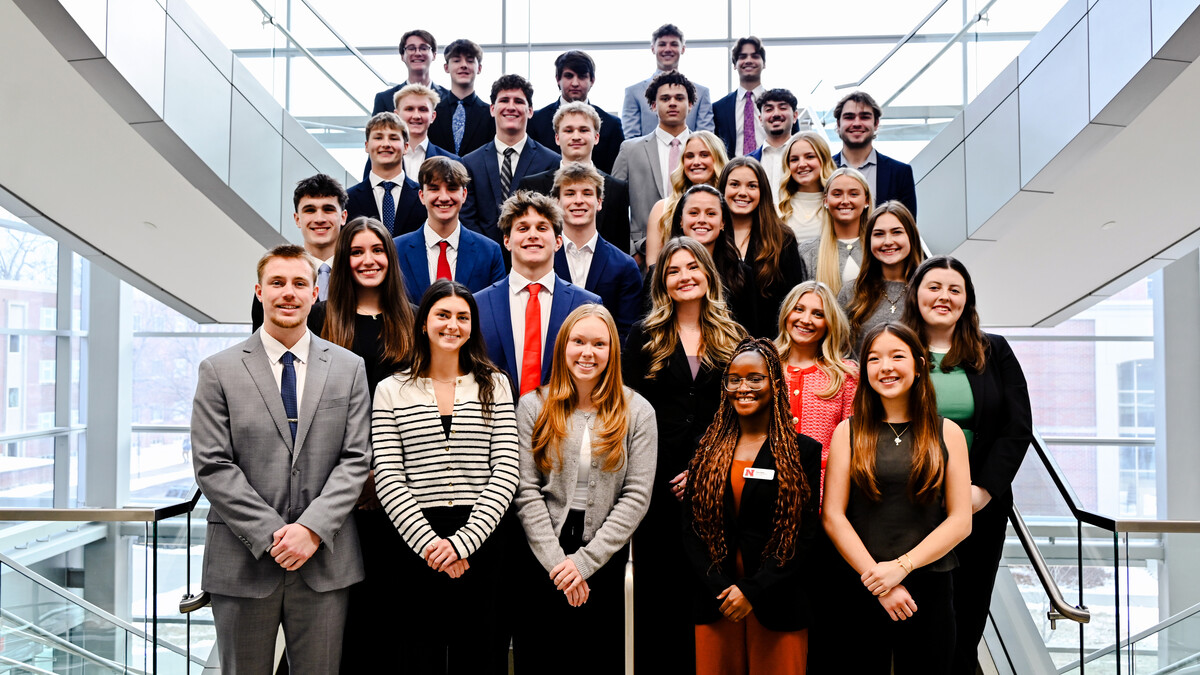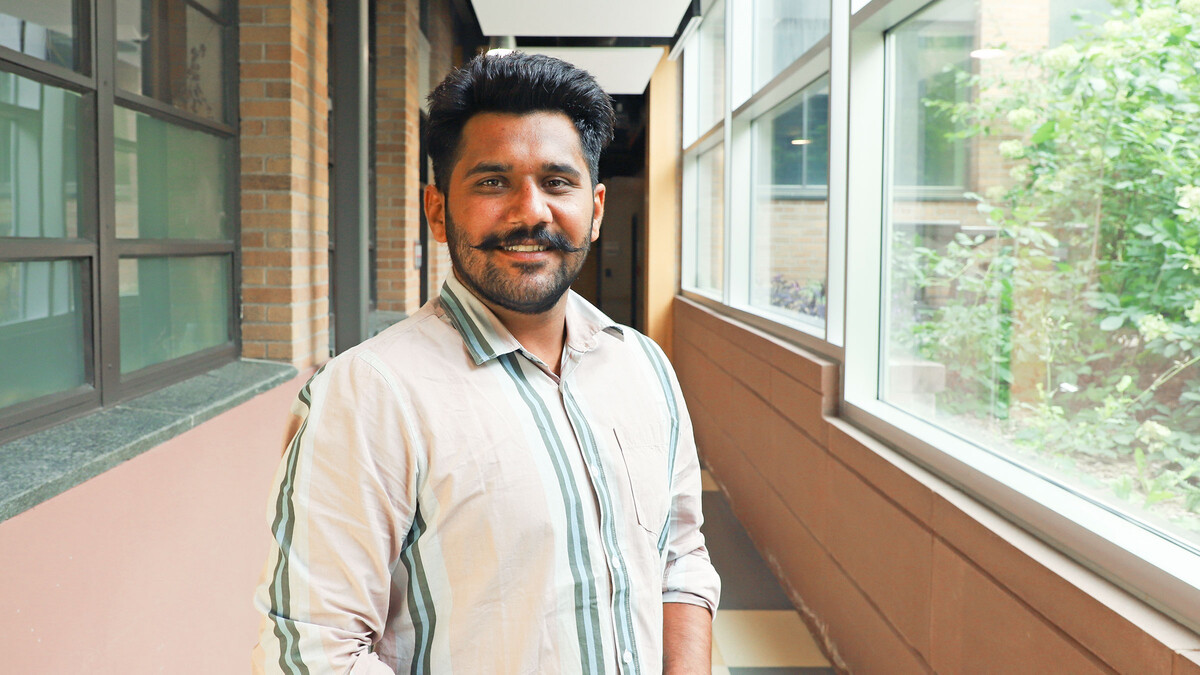
China’s budding journalists hunger for more critical reporting about their nation — and call for less censorship of the news media there, according to a recent survey of journalism students conducted by UNL’s Joe Weber and a Shantou University colleague.
Though China’s efforts to choke dissent didn’t begin with the Tiananmen Square massacre 25 years ago today, it’s easy to trace a straight line from that day to the elaborate regime of digital censor ship that exists today, Weber, a professor of journalism, wrote in a June 3 Washington Post blog post describing his research.
Mentions of the massacre or the protests beforehand are forbidden on China’s TV, newspapers and Internet.
“If President Xi Jinping and his colleagues want to keep a lid on that bottle, they may face resistance from a surprising source: the nation’s budding journalists,” Weber wrote. “By substantial numbers, students in some of China’s leading journalism schools oppose censorship, doubt the credibility of their domestic media and don’t believe journalists should be members of the Communist Party.”
More than 120 students from eight schools responded to Weber’s anaonymous survey, which he conducted in fall 2013 with the aid of Linjun Fan of Shantou University and journalism teachers at several universities in China. At the time, Chinese leaders were battling Bloomberg News and the New York Times over unflattering coverage and reasserting the primacy of Marxist education for working journalists.
Three-fourths of students who answered a question about censorship called for less of it in China.
“The news media should not become a tool for political propaganda,” one respondent wrote. “It should be a social platform for citizens to monitor the government.”
However, more than 60 percent said they expect censorship to remain a part of China’s media landscape and nearly half expect it will increase.
Though nearly 75 percent said journalists should not join the Chinese Communist Party — to maintain “value neutrality” — nearly half said they expected to join because it’s hard to work for the mainstream media in China if you are not a party member.
Weber said that when he taught as a visiting professor at Tsinghua University’s School of Journalism and Communication in Beijing in the fall of 2011, his students bristled at the limits state censors imposed. Some have since gone on to work for Chinese news outlets.
“Their views, like those of the reporters at (China’s) Southern Weekly who in January 2013 protested the censorship of an editorial that urged political reform, could put them at odds with government overseers,” Weber wrote.
To read Weber’s blog post in its entirety, click here.








